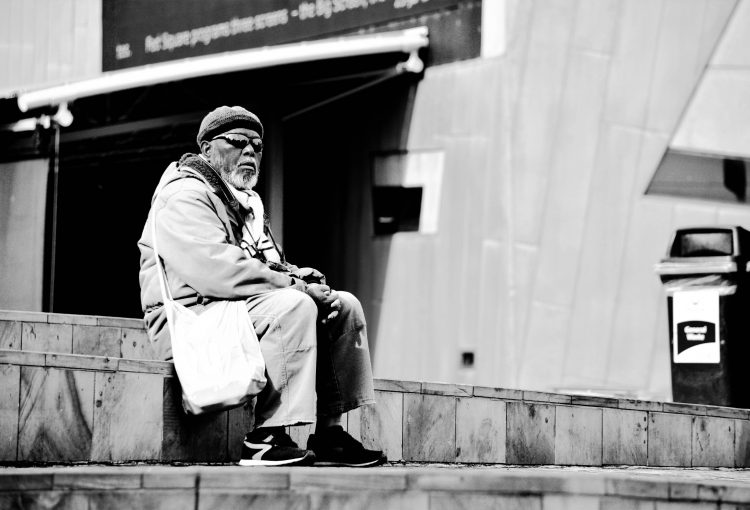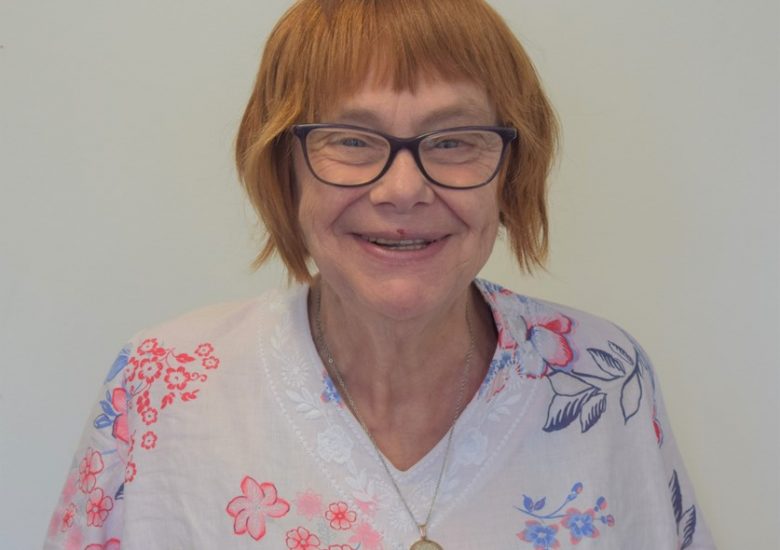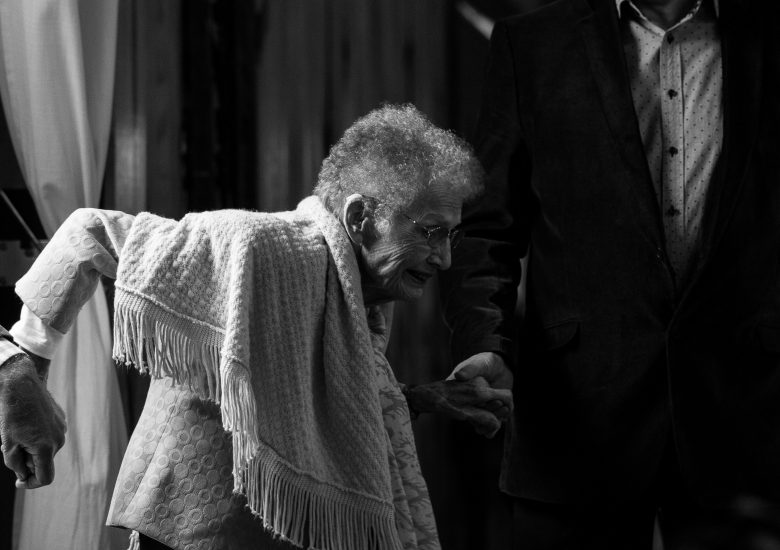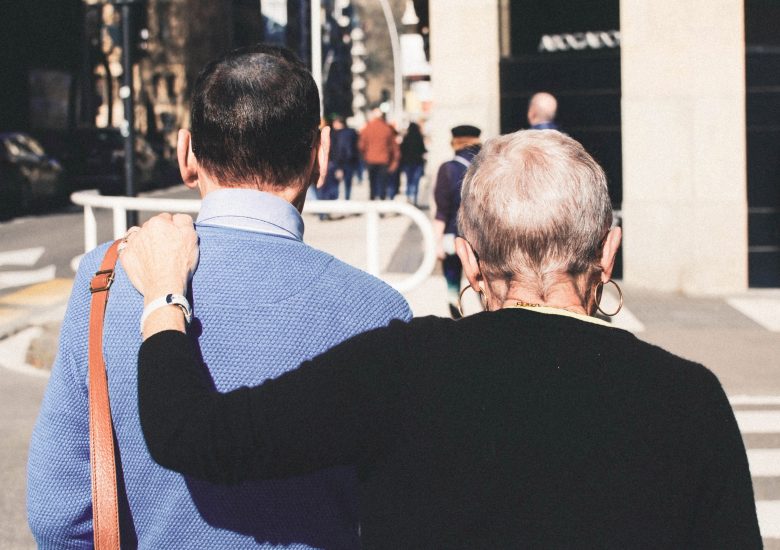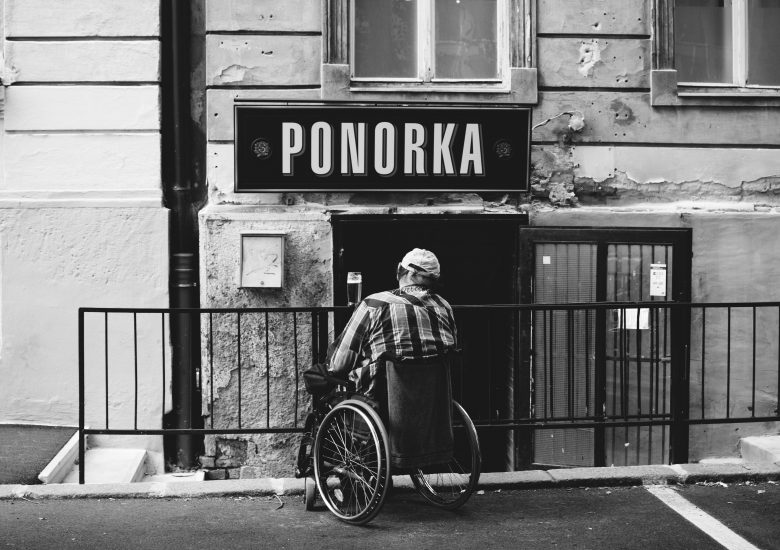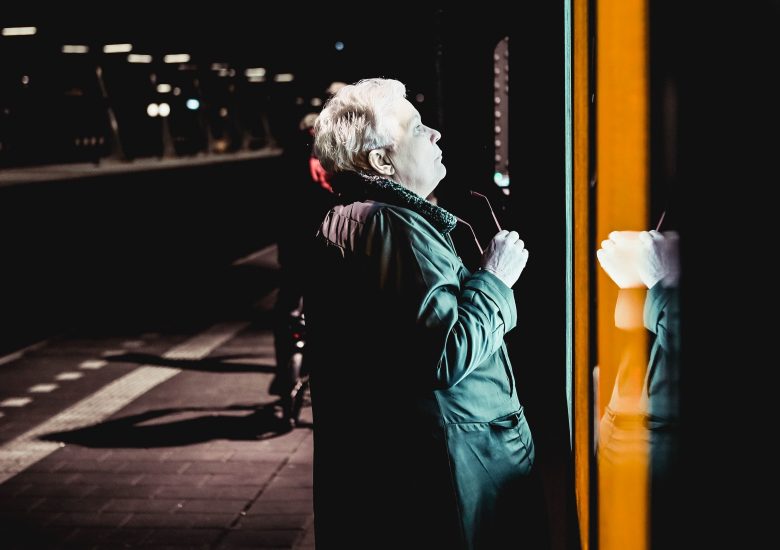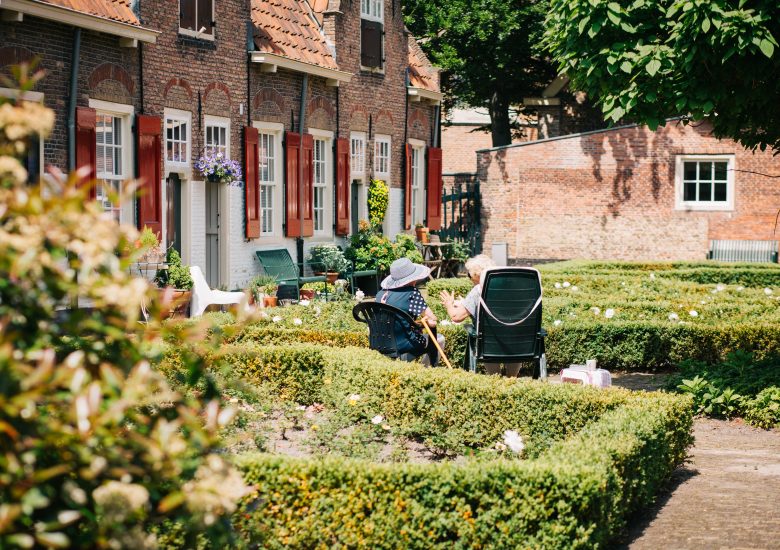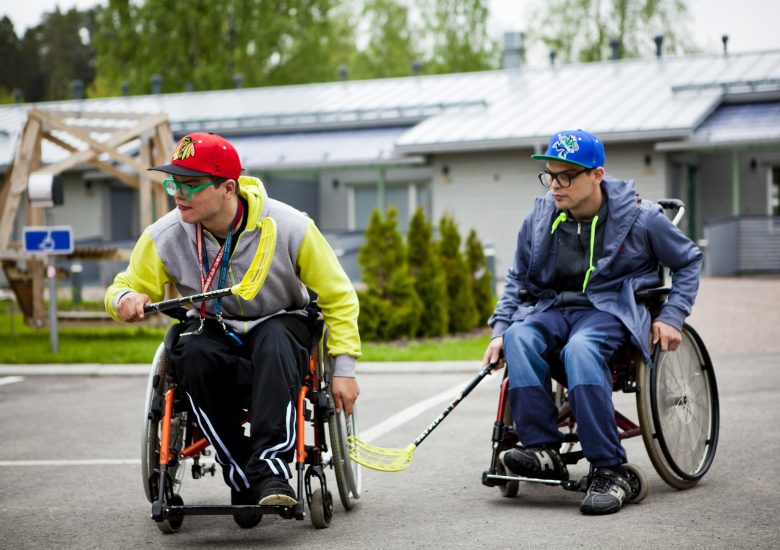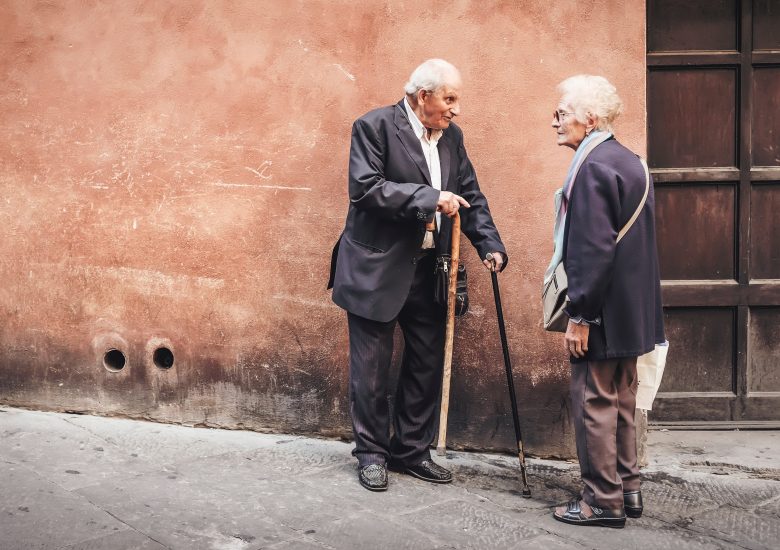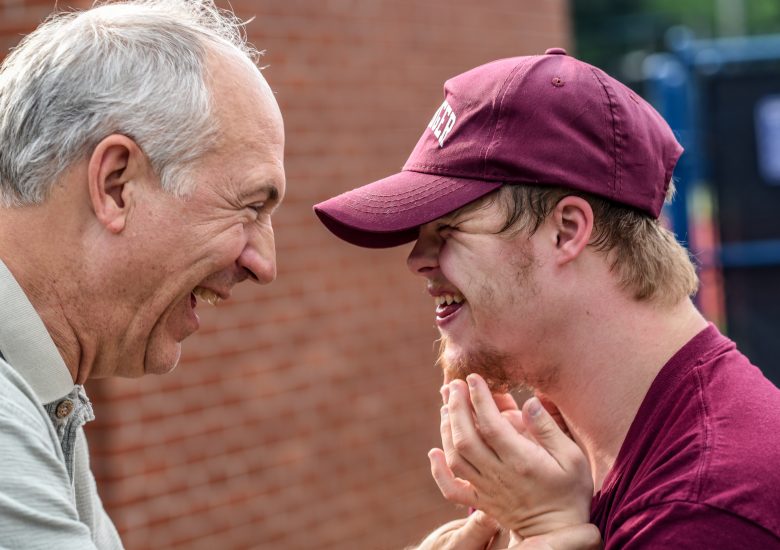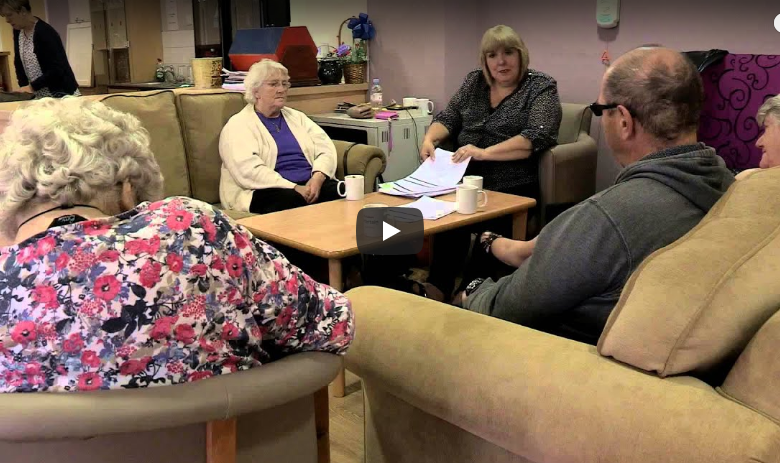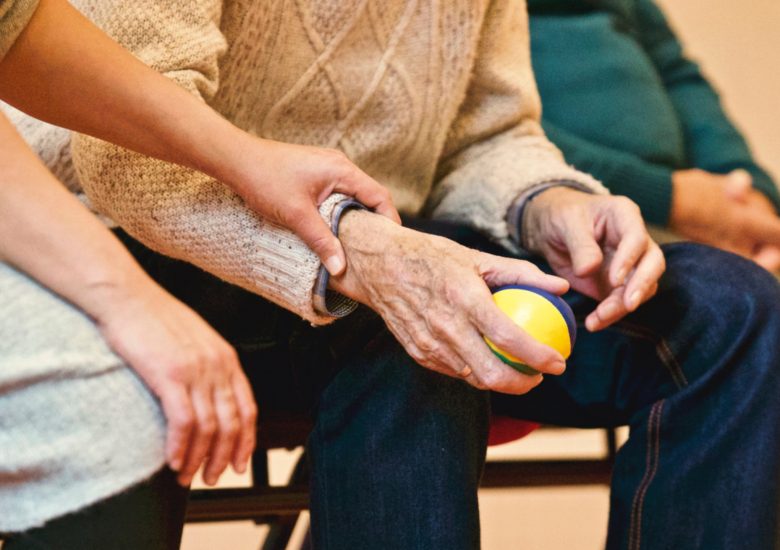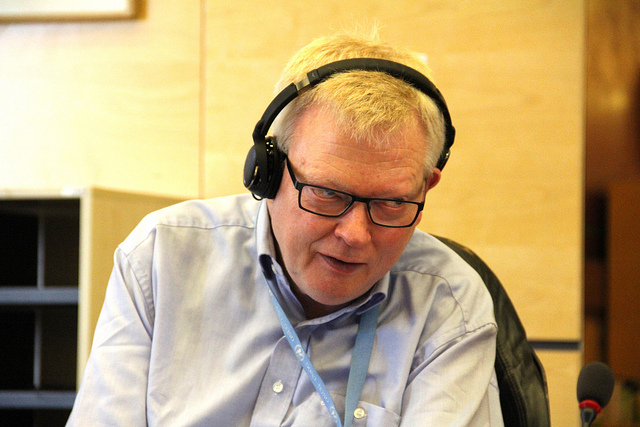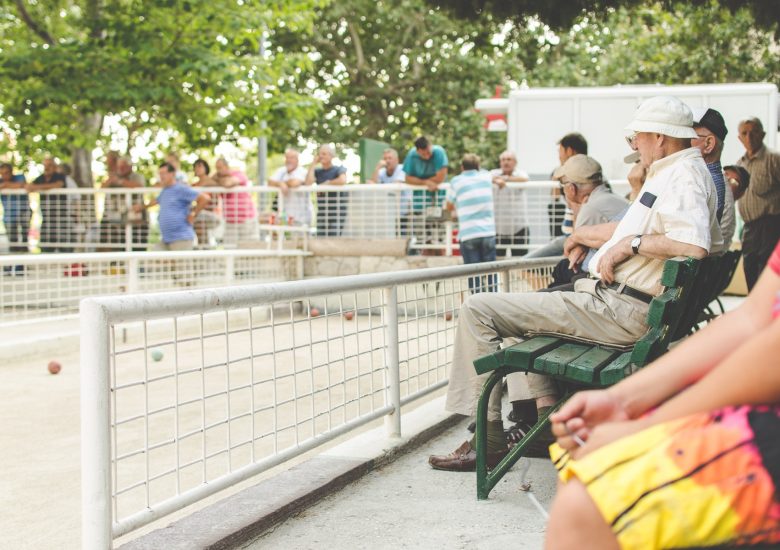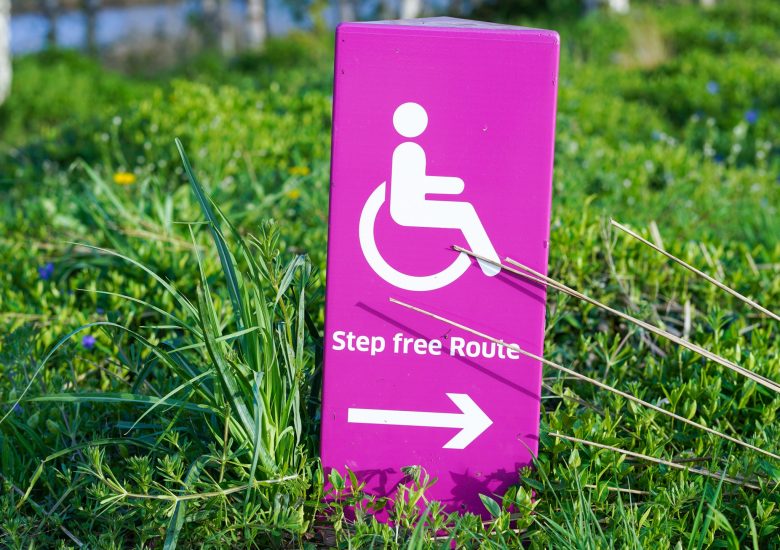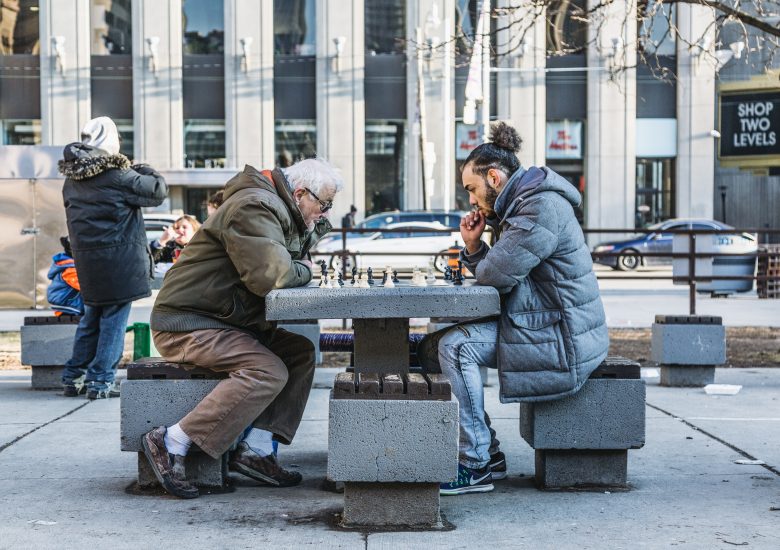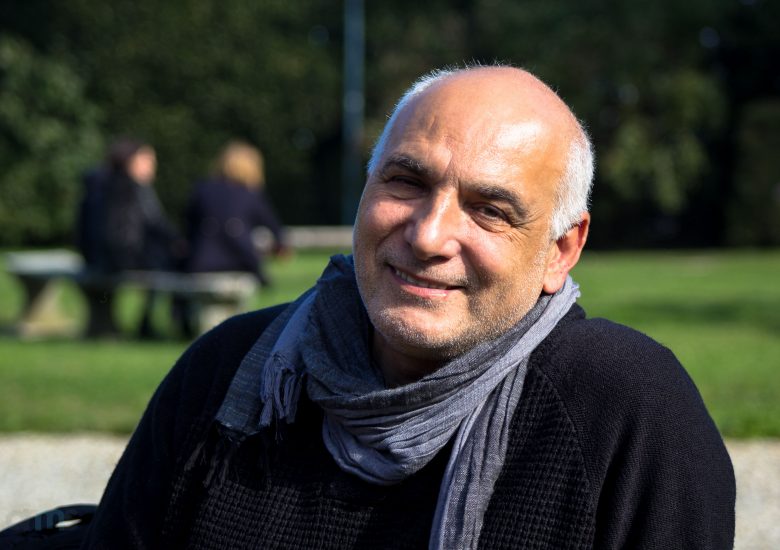Some people may develop a disability with age. Others will age with a disability. The population of older persons with disabilities is growing but they still face difficulties to access some basic rights!
When persons with disabilities get older, or when older persons face disabilities, they are more likely to receive low standards of care and support, to be excluded from benefits and other support schemes, and to end up in residential institutions due to lack of alternatives, all of this on the basis of their age. Research shows that older persons are less likely to benefit from social protection in accessing long-term care compared to younger persons with similar needs. Ageist attitudes also lead to lower quality or less options of services, different levels of support and abusive practices, such as delayed, refused, inadequate or undignified treatment.
Adults with disabilities may also lose some support upon reaching a certain age, priority being given to aspects deemed essential – such as personal care and medical needs – rather than participation in community life. The right to personal assistance that provides access to necessary support so that people with disabilities are able to live independently is often limited to those of working age. Similarly, individuals may lose the right to receive a mobility allowance and financial support for adjusted cars beyond a certain age. In some countries access to medical rehabilitation ends at the age of 65.
Besides, caregivers of older people sometimes have access to less support or rights. For instance, in some countries respite care is given to workers when their spouse or children need care but not in the case of an older relative needing assistance. Moreover, older persons with disabilities are at the highest risk of exclusion during humanitarian emergencies. They are often invisible in interventions, their needs are rarely met and they face particular threats to their safety, security and ability to survive. These examples are particularly troubling as support needs for a 70 year old are no different from when that person was 30.
However, when support in older age is limited, the risk of reducing the individual’s quality of life and ability to remain independent, as well as the likelihood of poverty increase. Addressing disability among older persons thus entails also to consider disabling environments such as transport, built environment and outdoor spaces.
This theme is about ageism and disability. Read the blog posts of our partners, testimonies, and add your voice by using the hashtag #AgeingEqual or submit your own stories online.
